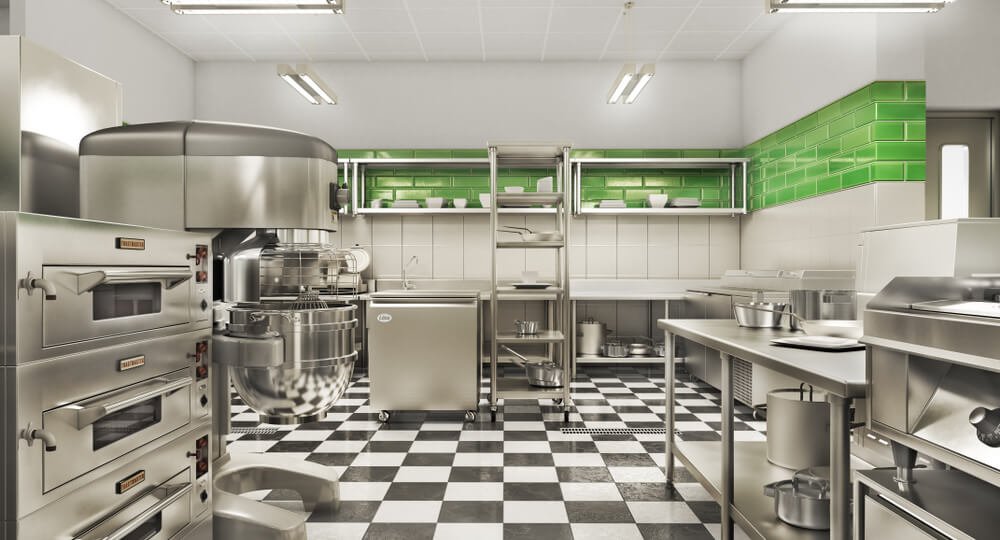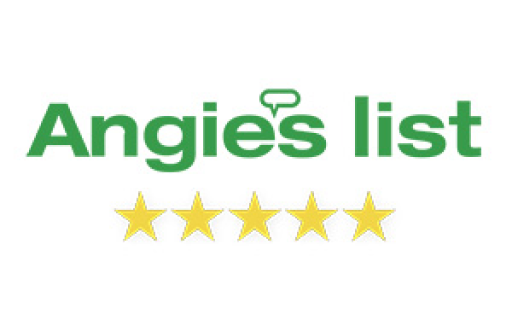When someone thinks of a kitchen, especially a commercial kitchen, their first thought probably isn’t the flooring. But kitchen floors are just as important as your ovens, stoves, and other kitchen appliances for a variety of reasons. A kitchen is only as safe, sanitary, and efficient as its flooring. With that in mind, here’s how to best protect your commercial kitchen floor.
Protecting Your Commercial Kitchen Floor
Commercial kitchen floors are some of the most abused floors in the world. Consider that they need to put up with high foot traffic, grease, spills, extreme temperatures, sharp objects, and the odors of every food imaginable. When it comes to selecting a floor that’s right for protecting your commercial floor, you have a lot to consider.
The Best Commercial Kitchen Floor Coverings
Rubber
Rubber is the most obvious choice for commercial kitchen flooring, and for good reason. Rubber floors not only provide unparalleled traction – they’re also incredibly durable. These floors are easy to clean and offer a great deal of comfort for your staff. Additionally, rubber floors absorb impact well, meaning they won’t crack and dent when something spills. Waterproofing is also a must for a kitchen, and rubber floors are very good at keeping out water. Rubber floors are not the most heat resistant, however, and can melt under intense heat. Fortunately, rubber floors are easy to install and replace if they do sustain damage from extreme temperatures.
Laminate/Vinyl
Laminate and vinyl flooring are two popular choices for commercial kitchens. Kitchen laminate flooring is a great option for residential kitchens, but how does it work in a commercial setting?
Vinyl and laminate floors are easy to clean and tough against punctures and high foot traffic. They are both more resilient to heat damage than rubber flooring while offering high levels of water resistance. In terms of traction, however, both floors fall far short of what rubber can offer. Fortunately, non-slip shoes are a great alternative to rubber flooring and could save you money compared to the cost of rubber flooring. Vinyl and laminate are both technically soft flooring, but they also don’t offer the same level of shock absorption that rubber floors do, so foot comfort for your staff isn’t quite as high.
The Winner?
So, what is the best floor covering for a commercial kitchen? Your number one concern for commercial kitchen flooring should be safety. These are the floors your staff works on day in and day out, and making sure that the floors you install are safe and comfortable is critical for a successful kitchen. All of these flooring options are safe for commercial kitchens and your staff, and many of the hardest choices come down to different needs. Each type of commercial kitchen flooring has its pros and cons, so weigh them carefully as you consider.
When you’re ready to decide, Ozburn-Hessey is here to help, whether you have a new commercial kitchen space or are looking for commercial kitchen floor replacement in Nashville, TN. Give us a call for a free estimate for your commercial kitchen flooring needs.




